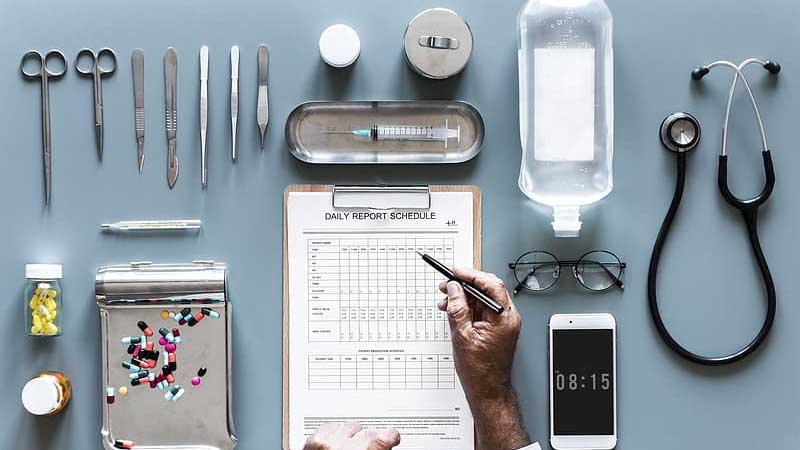COVID-19 Canada's nuclear industry rallies together in fight against COVID-19
Thursday, 30 April 2020 08:00.AM
- Redeploys innovation facilities, equipment and brainpower to help support local communities; Expands production of isotopes to sterilize medical equipment. -
Redeploying 3-D printers to produce face shields; supplying isotopes to help sterilize critical medical equipment; donating more than 2.1 million pieces of personal equipment to frontline workers; giving more than $5.6 million to local communities, and partnering with academic institutions to drive medical innovation are all part of the efforts of Canada's nuclear business community to help combat COVID-19.
Beyond maintaining power to Canadian hospitals, medical facilities, and supplying electricity to power over 10 million homes - Canada's nuclear industry has been involved in medical innovation for decades in Canada. Through its work in nuclear science and technology, the industry has been involved in the diagnosis and treatment of a variety of diseases from cancer, respiratory, heart disease, endocrine, neurological and other abnormalities. In response to the current pandemic, the industry has quickly pivoted to focus innovation efforts to address the COVID-19 pandemic.
"We all have a role to play in this crisis and Canada's nuclear industry is home to some of the most incredible innovation facilities, laboratories, equipment and brain power," said John Gorman, President and CEO of the Canadian Nuclear Association (CNA). "We are working together to ensure our industry's wealth of material and human resources are put to work to help Canada respond to this pandemic. Our industry members are working collaboratively to redeploy R&D efforts, as well as rallying to donate protective equipment for frontline workers and maintain critical supply of isotopes to sterilize medical equipment."
Supply of isotopes critical to sterilize medical equipment
An area of industry focus is the production of medical isotopes used to sterilize medical equipment, critical in battling this pandemic. Canada's nuclear industry supplies isotopes globally, sterilizing more than 50 per cent of the world's medical equipment. Cobalt-60, an isotope used to sterilize equipment for frontline workers such as gloves, syringes, and medical devices, is produced in nuclear reactors. A majority of the world's Cobalt-60 supply comes from Ontario's nuclear facilities.
Redeploying R&D efforts to combat COVID-19
Canada's nuclear industry members have worked to redeploy their facilities, equipment and personnel to help support R&D initiatives across Canada, where possible. Many industry members have also formed partnerships with academic institutions to drive innovation initiatives to address the pandemic, such as:
- 3-D printing technology to produce face shields: Redeploying equipment and expertise in 3-D printing technology to produce face shields for frontline workers, with a single 3-D printer being able to produce more than 100 masks a week.
- Ventilator production innovation: Members of the nuclear community have mobilized its scientists, engineers and facilities to provide expertise as part of a team developing a ventilator model that is easy-to-produce, using off-the-shelf, easily accessible parts.
Donations to combat COVID-19
Beyond the focus on supporting medical innovation to help fight COVID-19, Canada's nuclear community continues to expedite the production of isotopes to sterilize medical equipment for frontline workers. Collectively, industry members have also donated over 2.1 million pieces of personal protective equipment and more than CA$5.6 million in financial donations to local charities, community organizations and food banks across Canada – with donations continuing to increase everyday.
"We are at a moment in time where industries across Canada must be agile and creative in seeking ways to help fight back in this crisis. It's a time for collaborative innovation," said Gorman. "The nuclear industry is committed to continue its work with academic, medical and government partners to explore ways we can help find solutions and drive medical innovation to combat COVID-19."
SOURCE: Canadian Nuclear Association
- Related materials:
